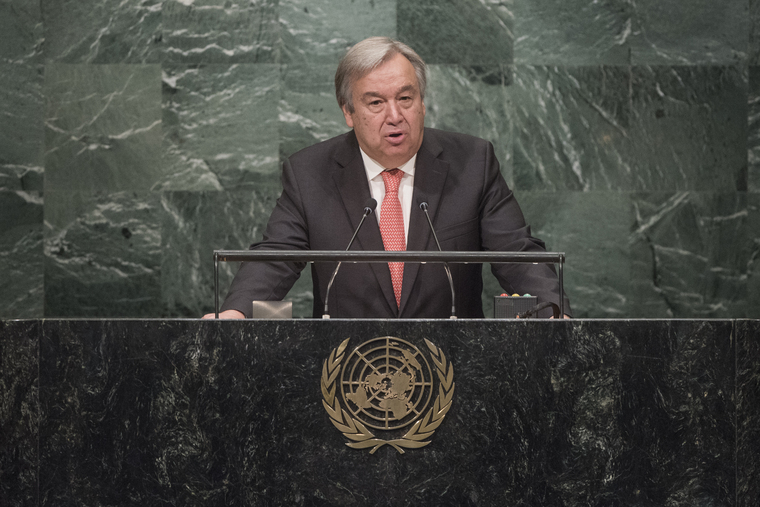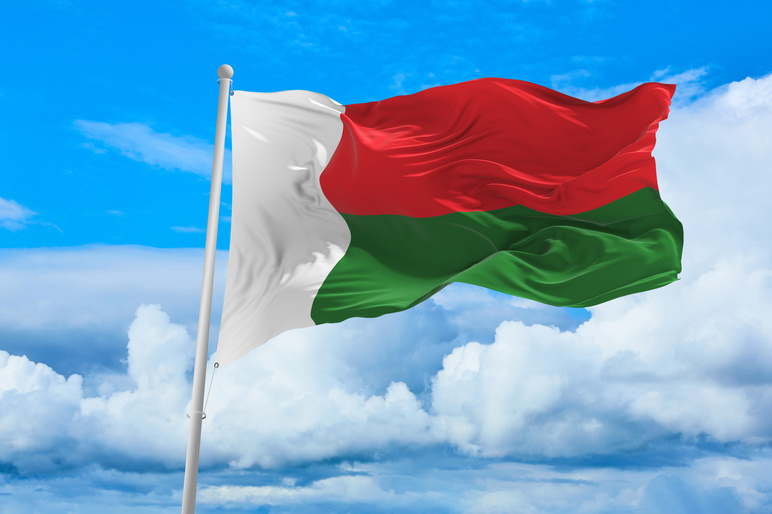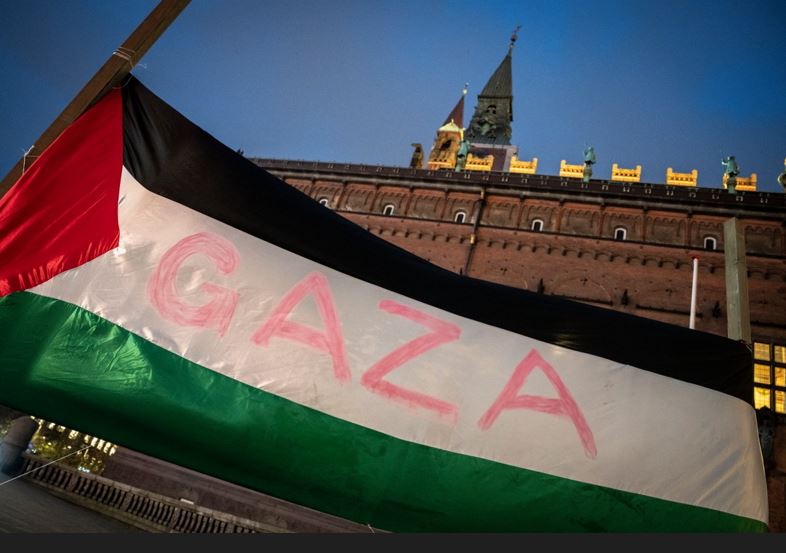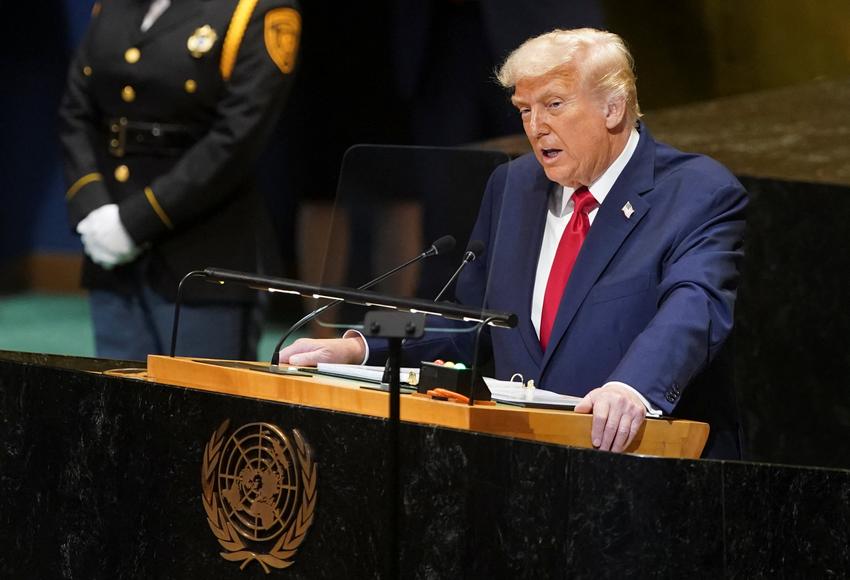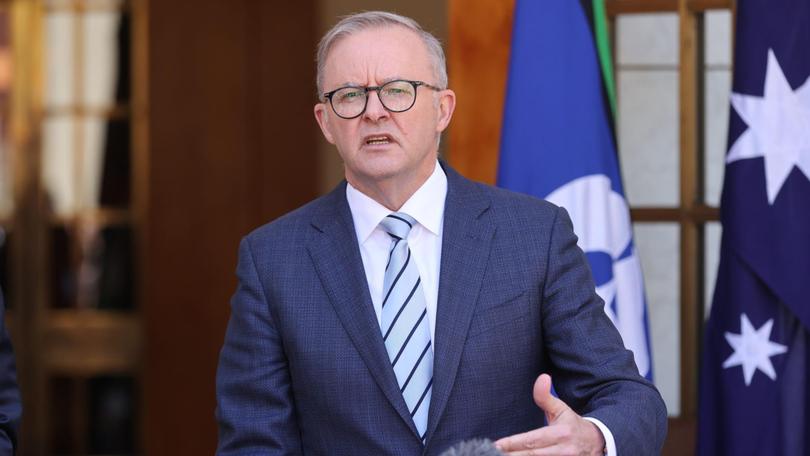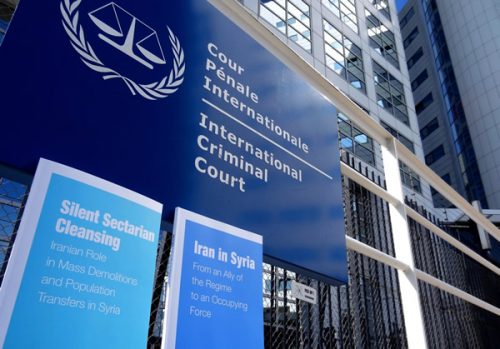
Storm-ravaged communities in western Jamaica were facing dire straits Sunday, days after record-setting Hurricane Melissa left towns demolished and at least 28 people dead across the island.
Prime Minister Andrew Holness confirmed the new death toll — nine higher than the previous tally of 19 — and posted on X late Saturday that “there are additional reports of possible fatalities that are still being verified”.
Melissa became the most intense storm to make landfall in 90 years when it barreled into Jamaica last Tuesday as a Category 5 hurricane packing winds of 185 miles (300 kilometers) per hour.
It ripped a terrifying path through the Caribbean, leaving at least 31 dead in Haiti, Dominican Republicincluding 10 children who drowned in heavy flooding, and ravaged parts of Cuba and the Dominican Republic.
In Jamaica, devastation was rampant in western parishes including Westmoreland and Saint Elizabeth.
AFP reporters witnessed residents grappling with the enormity of the disaster.
Buildings in Whitehouse were destroyed or crumpled, with corrugated roofs strewn across the ground.
Power lines were down, and trees were shorn of all leaves.
Many communities have been cut off.
Countless homes, hospitals, businesses, and other buildings have been badly damaged or destroyed.
With large swathes of the country still without electricity or phone service, it was difficult to gain an accurate assessment of the death toll or the scope of the search and rescue operations needed.
The staggering economic losses will be a “burden” weighing on Jamaica and the rest of the region for years, a senior United Nations official said Sunday in Panama.
“It is estimated that Melissa could cause economic losses equivalent to Jamaica’s annual GDP,” said Nahuel Arenas, head of the UN Office for Disaster Risk Reduction (UNDRR) for the Americas and the Caribbean.
According to the World Bank, the gross domestic product of Jamaica stood at nearly $20 billion in 2024.
“These are losses that will weigh heavily on the economy of all Jamaicans for years and years to come,” Arenas said.
The World Health Organisation and other groups have sent medical teams in the country, and the United States says its emergency response teams are on the ground.
United Nations chief Antonio Guterres “emphasised that international support is crucial at this time,” and called for the “mobilisation of massive resources” to address the loss and damage, a spokesman for the secretary-general said Sunday in a statement.
The UN has allocated $4 million from its Central Emergency Response Fund to help scale up humanitarian operations in Jamaica. (Channels)

